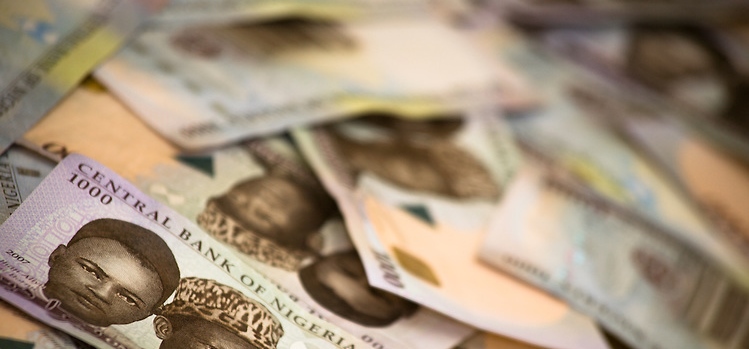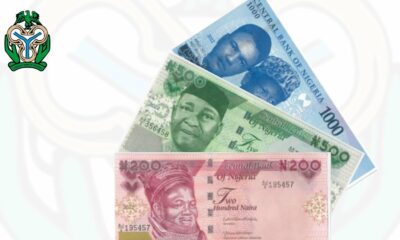News
CBN’s Devaluation of the Naira: Here’s What it Could Mean for You

Nigeria has recorded just a few cases of coronavirus compared to other countries, but the global pandemic’s growing impact on its economy is far more significant. The Central Bank of Nigeria may have devalued the naira by as much as 15 percent with the introduction of a single exchange rate.
With the new rate, the CBN has effectively collapsed the multiple exchange rate policy used in determining the value of the Naira for 5 years now. According to Punch, the Naira has being under pressure after oil prices have crashed further to below $24 per barrel, way below the government’s approved Benchmark price of $57 per barrel in the 2020 budget, as a result of the impact of the coronavirus pandemic on the global economy.
What this means:
The country will now have a single exchange rate for official transactions and bureau de change operators as well as for importers and exporters of goods and services.
Henceforth, dollars sold to banks will be at the rate of N376 per dollar, while banks to CBN will be at N377 per dollar.
Also, the rate by CBN to Bureau de change operators will be N378 per dollar, while BDCs to end-users will be N380 per dollar and the volume of sales for each market is $20,000 per BDC.
A devaluation leads to a decline in the value of a currency, making exports more competitive and imports more expensive. Generally, a devaluation will likely lead to inflation because of higher import prices and rising demand for exports. So if this new development is not reviewed, Nigerians should probably brace up for hard times.
A large and rapid devaluation may scare off international investors. It makes investors less willing to hold government debt because the devaluation is effectively reducing the real value of their holdings.
The people that will benefit from this new development:
Companies that earn in dollars – There will also be a windfall for most firms such as lawyers, accountants, consulting firms, financial advisers, etc. Some of them charge their fees in dollars and should expect their profits to be higher when they translate their bank account to naira. Some Real Estate companies with luxury apartments in high brow areas of the country will also reap immensely from this devaluation. They mostly charge dollars and come year-end most of their tenants will renew.
People who earn salary in dollars – Some Nigerians earn their salaries in dollars even though they live in Nigeria. So if inflation arises due to this devaluation, it will give them a huge advantage over those who earn in naira.
Speculators and those with dollar savings – Some people are quite good with speculating and some have started accumulating dollar in anticipation of a possible devaluation. Now that it has been devalued, they can exchange that money to naira and post good profits. The same goes for those who are used to saving in dollars.





















